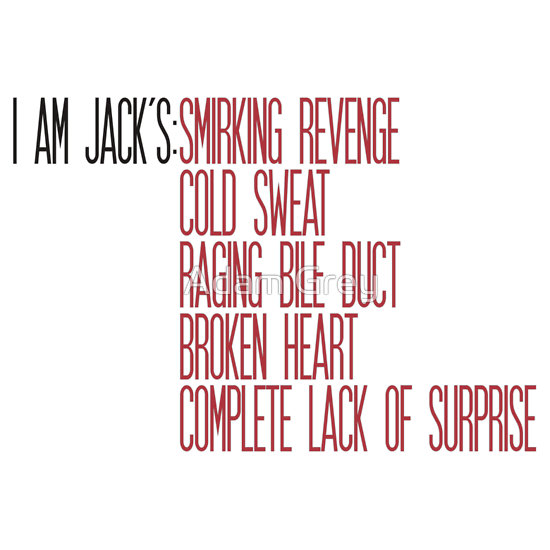Snow day! The flurry of snowflakes dancing from the sky to the ground, glittering in the light as it covers the ground in a sheet of white. The past few years in Scotland this has been a familiar sight in January and every time it starts I see the same ritual played out on social media.
The first day of snow is full of excitement; families out making snowmen, animals experiencing it for the first time, everyone out taking pictures and remarking on how pretty the snow makes the world. However, if the snow continues for more than a day or two, or becomes particularly heavy, then the complaining starts; the roads are impossible to drive, public transport stops, people are cold, miserable and generally over it.
Now I’ll admit I have been one of these people on more than one occasion but last night as I walked home in the snow I surprised myself by smiling the whole way. Now, understand, I was cold, my boots were leaking, I was hungry and my shoulder was bothering me as usual. But I was smiling.

I enjoyed the feeling of the snow crunching under my feet. I smiled as my usual walk home was transformed by the snow, changing the scenery to something clean and pure. I stopped to take pictures as the street lights reflected on the snow and made it glitter. The streets were quiet and I could meander home listening to my music and kicking up snow.

Our modern hectic life requires us to rush everywhere and to have little time to ourselves but the snow forces us to slow down. It forces us to take a longer drive home, so why not enjoy it? Put your favourite music on, sing along and enjoy your own head space. There’s no point in getting angry at other drivers, the lack of gritted roads or the snow. Nature will always prevail and sometimes we have to sit back and accept it. Snow is nature’s way of bringing out the child in us again and allowing us to take the slow lane for once without feeling guilty.
So next time it snows heavy, take a deep breath, open your eyes and properly look at the world around you. It’s as beautiful and fun as the first day of snow if you let it be.
 *
*